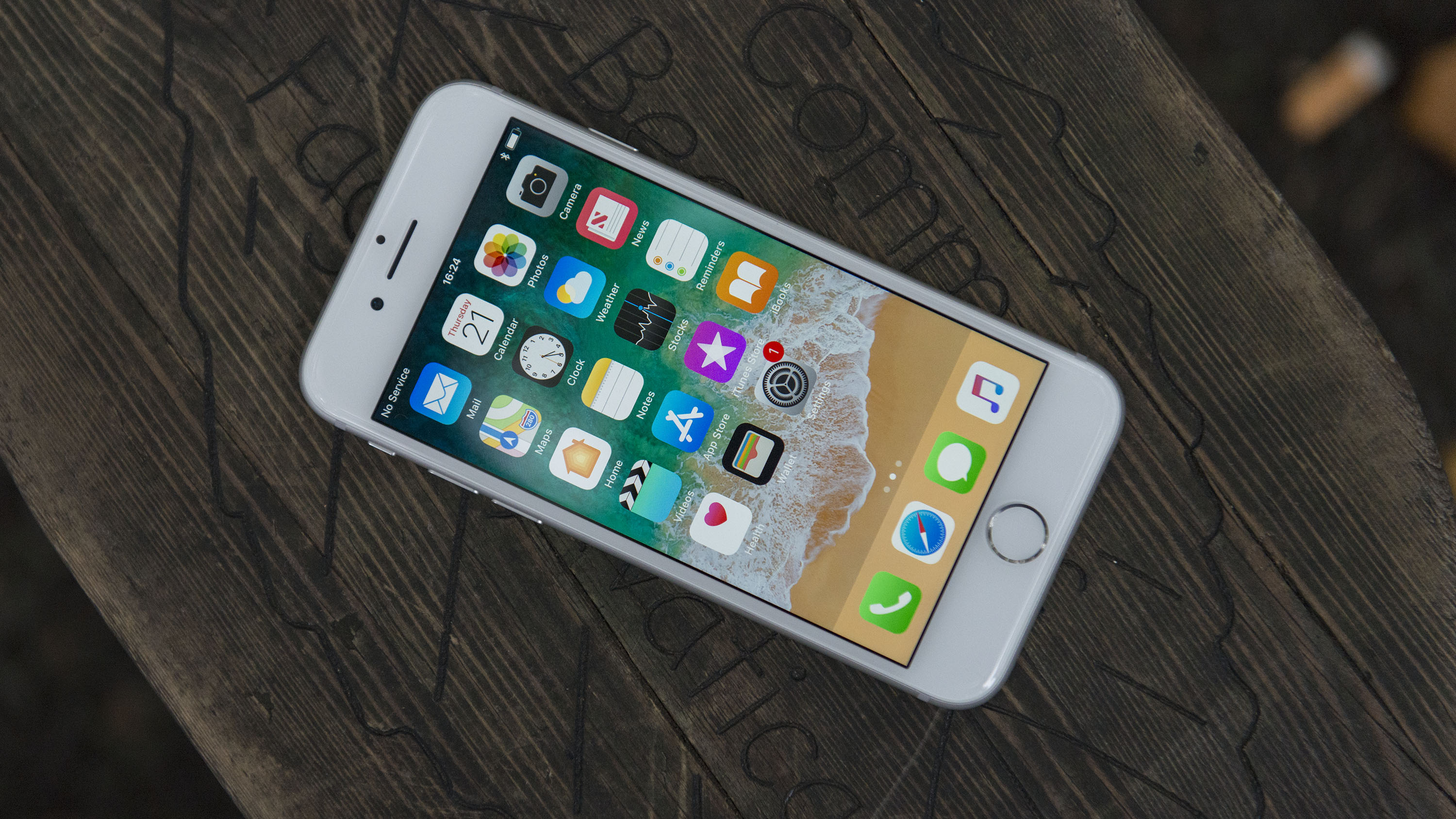Qualcomm sues Apple for breach of contract as legal battle over iPhone chips grows
Illicit Intel?

In case you were wondering, yes, the ongoing legal battle between Apple and chipmaker Qualcomm can, in fact, get worse.
A new report from Bloomberg reveals that Qualcomm is now suing Apple for breach of contract, specifically by allegedly sharing proprietary information about its chips with competitor Intel.
As evidence, Qualcomm claims Apple asked for confidential information about its chips and CC'ed an Intel engineer in the same message. So now Qualcomm is seeking an award for "significant damages in an amount to be proven at trial."
Qualcomm also wants to audit how Apple is handling Qualcomm's proprietary information as their contract reportedly demands, and Apple is apparently refusing.
Chips on their shoulders
This news comes only a couple of days after The Wall Street Journal reported that Apple might be moving away from Qualcomm entirely after Qualcomm allegedly refused to send Apple the software needed to test its chips in prototype devices.
If there really are some shenanigans going on behind the scenes as Qualcomm fears, then the company argues it "will suffer substantial, irreparable and incalculable injury for which monetary damages will not provide adequate compensation."
Apple has long relied on Qualcomm for its modem chips that allow devices like the iPhone and iPad to connect with cellular networks, but it began to use Intel partially for that purpose beginning with the iPhone 7.
Sign up for breaking news, reviews, opinion, top tech deals, and more.
According to the anonymous sources who spoke with The Wall Street Journal earlier this week, Apple is already designing future iPhones and iPads without Qualcomm's technology.
If Apple does end up managing to work without Qualcomm, analysts Raymond James & Associates posit that the loss of business could cost Qualcomm around 7.5% of its annual revenue.
Moving on
So what would this mean if we eventually see an iPhone X 2 that has no Qualcomm chip? There's a good chance we may not even notice the difference. After all, around 30% of the iPhone 7 units shipped in 2016 had Intel modem chips, and that number jumped to around 50% by this year, as reported by AppleInsider. Performance was virtually indistinguishable.
A legal victory in Qualcomm's favor could end up hurting Apple, though, which may have some impact on future iPhone development. But considering the iPhone maker's vast cash reserves, it's worth wondering how much it would take to even make a dent.
There's also the possibility that Intel (or MediaTek) might not be able to keep up with extreme quantities of chips Apple needed like Qualcomm can, which could result in shipment shortages whenever the new device launches. But we're used to that, right?